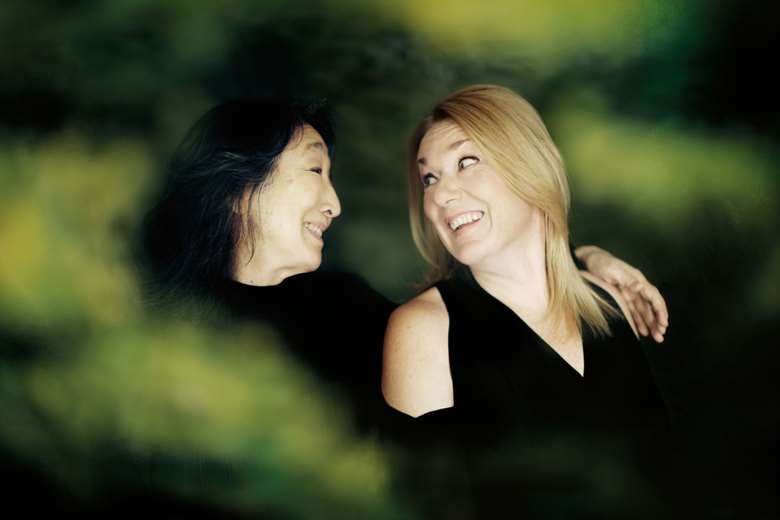Magdalena Kožená and Mitsuko Uchida: the mezzo and pianist on sharing their love of song
Hugo Shirley
Friday, June 6, 2025
Their first album together brings songs by Debussy and Messiaen, and as Hugo Shirley discovers, Magdalena Kožená and Mitsuko Uchida not only display a wonderful rapport but also offer some intriguing ideas

Register now to continue reading
Thanks for exploring the Gramophone website. Sign up for a free account today to enjoy the following benefits:
- Free access to 3 subscriber-only articles per month
- Unlimited access to our news, podcasts and awards pages
- Free weekly email newsletter








